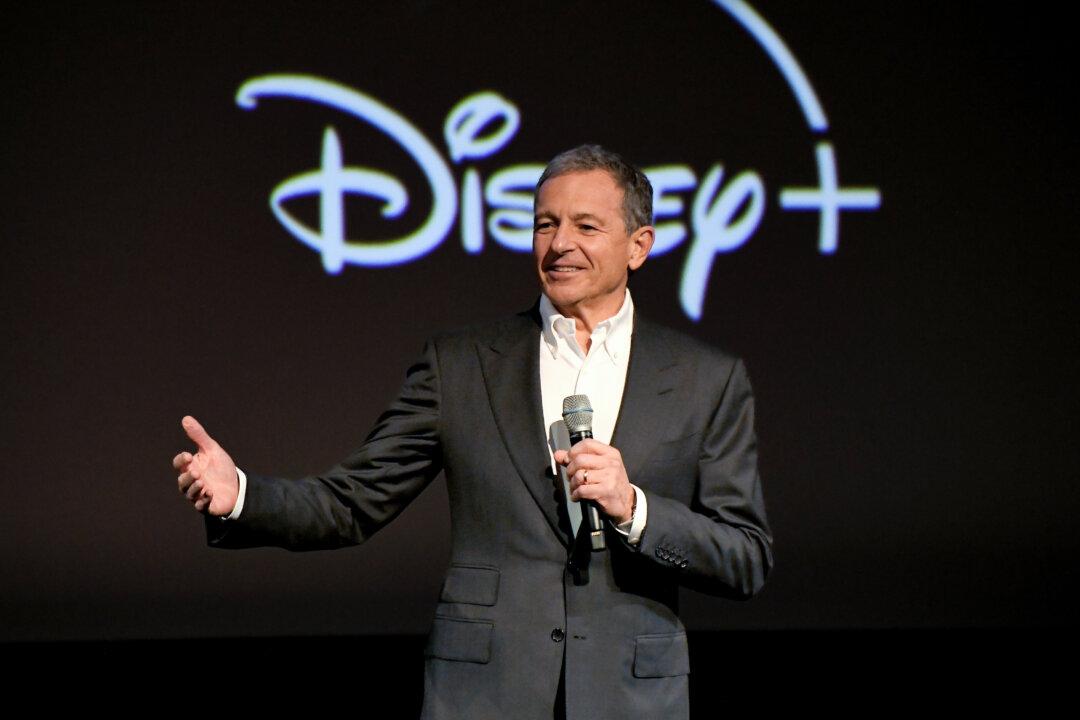Walt Disney Company CEO Bob Iger pushed back against criticisms that the company pushed woke messages through its TV shows and movies, insisting the brand was an “entertainment-first company.”
“I’ve been preaching this for a long time at the company before I left and since I came back that our No. 1 goal is to entertain. I think, like, the term woke is thrown around rather liberally, no pun intended in that regard. I think a lot of people don’t even understand really what it means,” Mr. Iger said in an April 4 interview with CNBC. “The bottom line is that infusing messaging as a sort of No. 1 priority in our films and TV shows is not what we’re up to. They need to be entertaining.”





